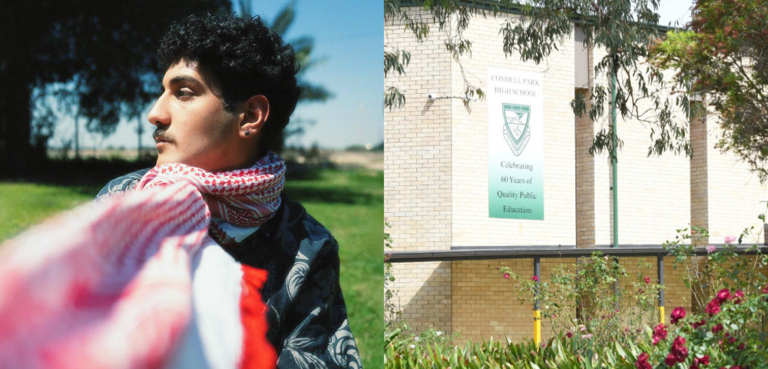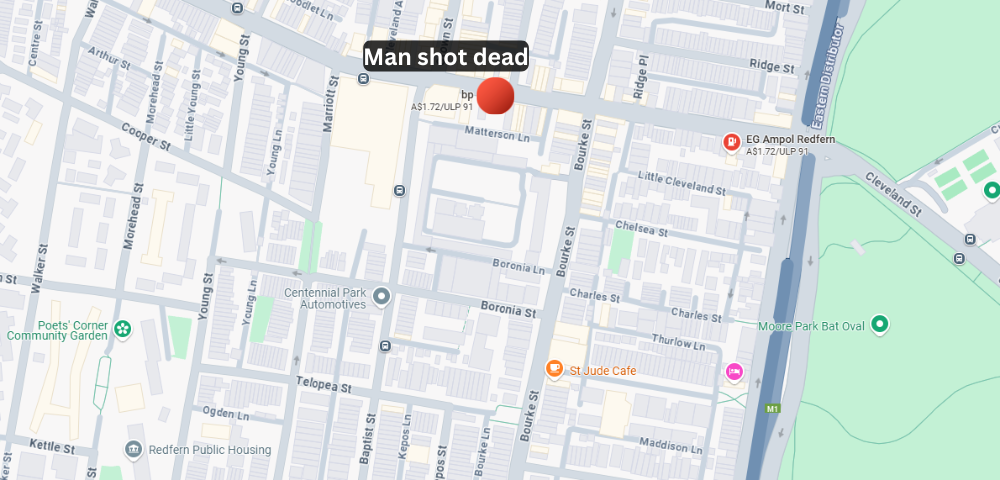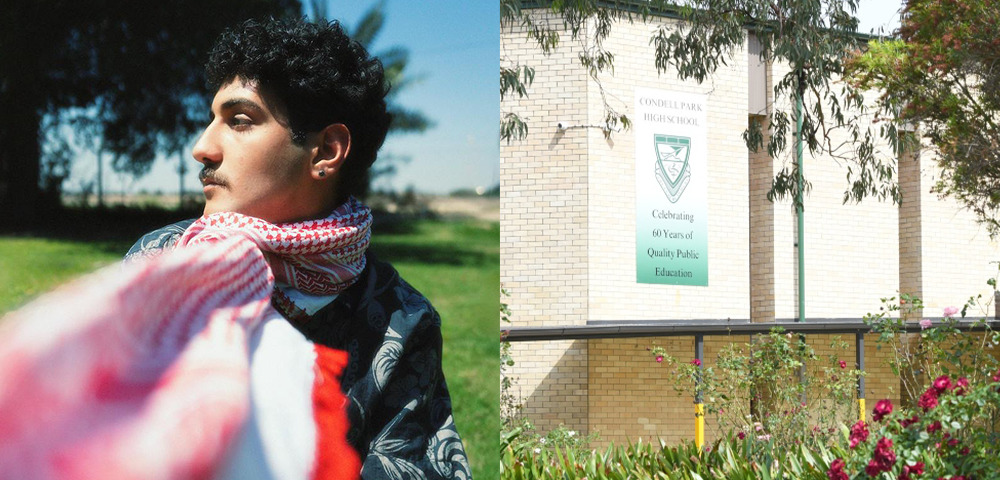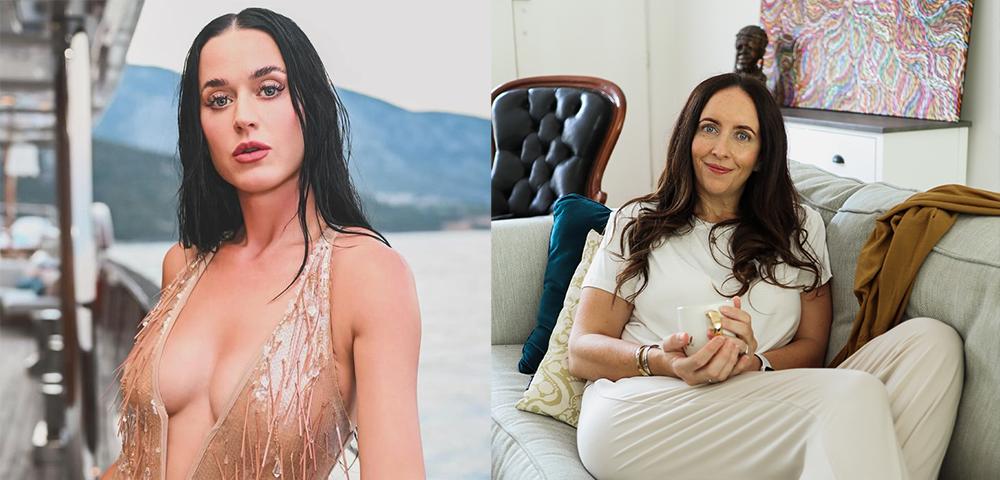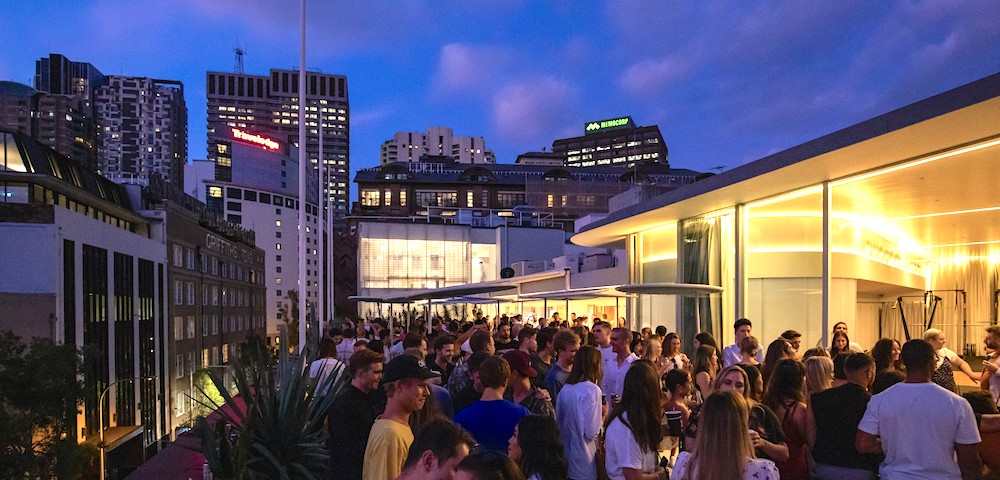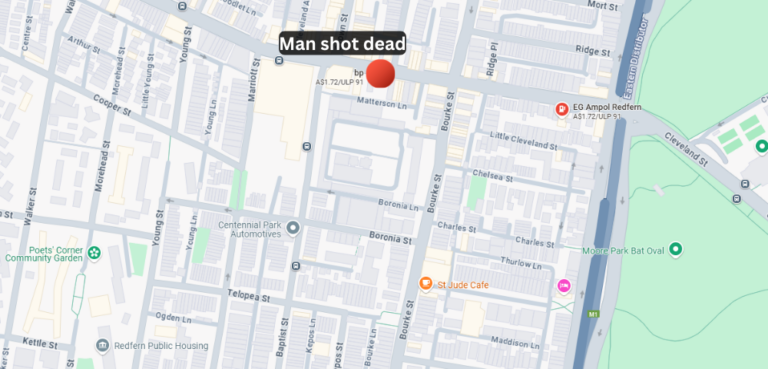
Bringing home the troops: Benefits for Sydney students as international peers trickle in
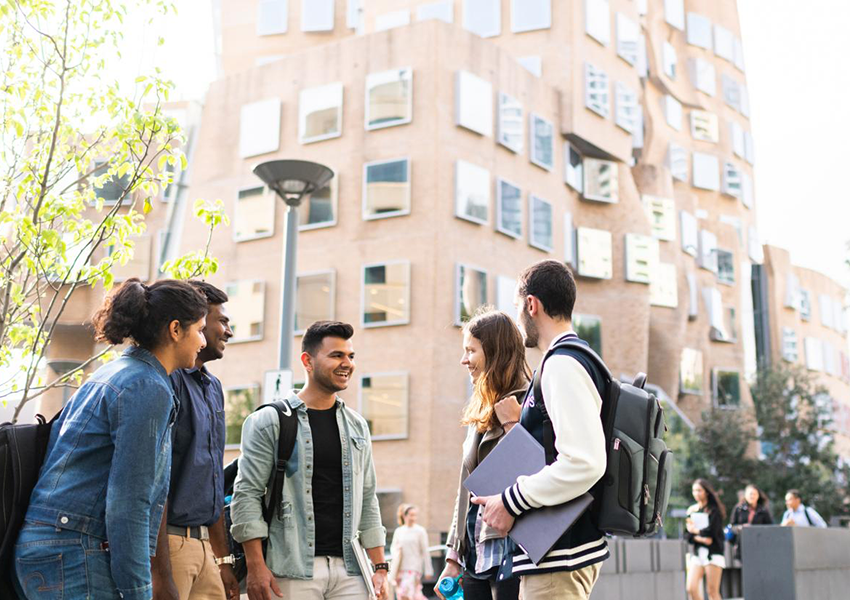
By LUCINDA GARBUTT-YOUNG
From mid-year, the State will welcome back 250 international students a fortnight in a bid to strengthen local growth.
Treasurer Dominic Perrottet suggested that the scheme will stimulate Sydney’s economy after COVID-19’s dispelling of international students brought the CBD’s recovery to a crawl. He believes student return is vital in recovering a sector that was worth some $14.6 billion in 2019.
“Typically, we have more than 250,000 international students studying in NSW each year and they directly supported over 95,000 local jobs prior to the pandemic,” Mr. Perrottet said in a press release.
“If we don’t act fast, students will turn to other overseas destinations and it could take the sector decades to recover.”
But at such limited numbers each fortnight, it will take a long time for economic results to get rolling.
“We welcome the NSW Government’s proposal as an important first step for getting international students back to campus. At this stage however, we anticipate that the relatively small numbers of students returning to Macquarie University will not have an appreciable upside for retailers,” a Macquarie University spokesperson said.
Losing community
But economic growth is just one aspect of this good news. There may be more tangible benefits from the scheme. For international students still in Australia, they’ve missed home-country peers for over a year.
“A lot of my friends, maybe 80 percent, immediately flew back home and it didn’t help that most of my friends were from church… It was my community, somewhat, that just left and went home,” UTS Visual Communication student Shu Xian Leong said.
Many of her friends got a study exemption to study medicine and were able to return to Australia, but there’s still been broader hardship due to limited international students.
Ms. Leong lives in university accommodation. She explained that the change was challenging.
“It was pretty startling at first because of how quiet the building was,” she says of the dwelling that has now been filled with local students, changing the dynamic.
As the Vice President of a UTS club, Ms. Leong also noticed differences.
“The biggest change would definitely be not having first year students… It’s quite clear in the numbers as well. Usually, we would have at least 10 first year students, but this year it was less than five. And those students were already in Aus,” she said of the group that lost many members to home countries.
Other students have noticed greater dangers as their friends have departed.
Lynette Zhang, a UTS Communication student says, “there is more racial discriminations than before because of COVID-19…that is a reason I’m lonely. It is incredibly difficult for [the] Asian community to call for more attention and sympathy in Australia [without more peers here]’.”
Fresh classroom perspectives
The return of international students could be exactly what local peers and staff need to re-shift perspectives. In the last year one third of international students returned home, increasing the homogeneity of Aussie identities in our university classrooms.
In the wake of COVID-19’s wrath, USyd’s Business School Associate Professor Matthew Beck wrote, “in every way, international students lift the bar for Australian students, and contribute to a thriving, increasingly diverse and multi-dimensional learning experience for “Aussie kids”.
He believes Australia’s international acclaim attracts some of the “brightest minds globally”, which are to credit for our education sector. This is no small comment in a climate where the “knowledge economy is becoming increasingly more valuable.”
Patrick Newbold studies Secondary Education and Science at USyd. He said international peers are crucial in providing different perspectives based on experience. They show him situations he wouldn’t be privy to alone.
“Particularly for me in my education degree… I’ve been more exposed to the role of social justice in education… The cost of education has really been revealed to me, with my friend currently paying eight times the amount I am for the exact same degree. As a result, it has really cemented my values of free and equal education,” he said.
Diversity in experience and intellect may be as valuable a commodity as our cash flow; and one that is set to be refreshed by a reintroduction of international students to our universities this year.
